National Renewable Network (NRN) plans to fast-track the expansion of its virtual power plant (VPP) model – which includes providing solar and batteries at no cost to consumers – after raising $67.2 million (USD 43.65 million) in a funding round.
Sydney-based NRN’s business model sees the company partner with energy retailers and solar installers to offer households solar and batteries with no upfront costs. The infrastructure is connected as part of a VPP operated by NRN via collaborating retailers.
“This funding enables us to roll out solar and battery systems to thousands of Australian homes, offering consumers no upfront costs and helping households save up to $1,000 a year on their energy bills,” the company said in a statement.
NRN has already announced a partnership with Alinta and founder and Chief Executive Officer Alan Hunter told the Australian Financial Review that the company is in discussions with another 10 companies to further expand the VPP ecosystem.
“With NRN, retailers can quickly build a distributed renewable energy portfolio and white label it as their own VPP plan that doesn’t carry a customer conflict of interest,” he said, adding that the model also enables energy retailers and installers to “instantly establish or scale distributed energy businesses without capital-intensive balance sheet burdens, while maintaining complete ownership of their customer experiences.”
NRN said it is now managing more than $12 million in renewable energy assets and approaching 10 MWh of installed battery capacity. It expects to deploy 40 MWh of battery storage within the next 12 months.
The Series A funding round includes $50 million in debt financing and $17.2 million in equity, with backing from major institutional investors including Virescent Ventures, Investible, Electrifi Ventures, and Ecotone Partners.
The debt will fund the solar and battery system installations, while the equity raise will bolster internal operations and scaling capabilities.
Virescent Ventures Partner Blair Pritchard said the NRN model is “a smart, scalable solution” to one of the most pressing challenges facing Australia’s energy transition – grid stability.
“Australia’s transition to renewables has reached a critical moment – without the rapid deployment of battery storage and distributed generation technology, the energy transition will stall,” he said.
“NRN’s business model and technology can help address this by rapidly unlocking additional storage capacity, while democratising access to solar and battery technology. It will help more households benefit from renewable energy and battery technology without the upfront costs, while helping retailers and easing pressure on the grid.”
This content is protected by copyright and may not be reused. If you want to cooperate with us and would like to reuse some of our content, please contact: editors@pv-magazine.com.
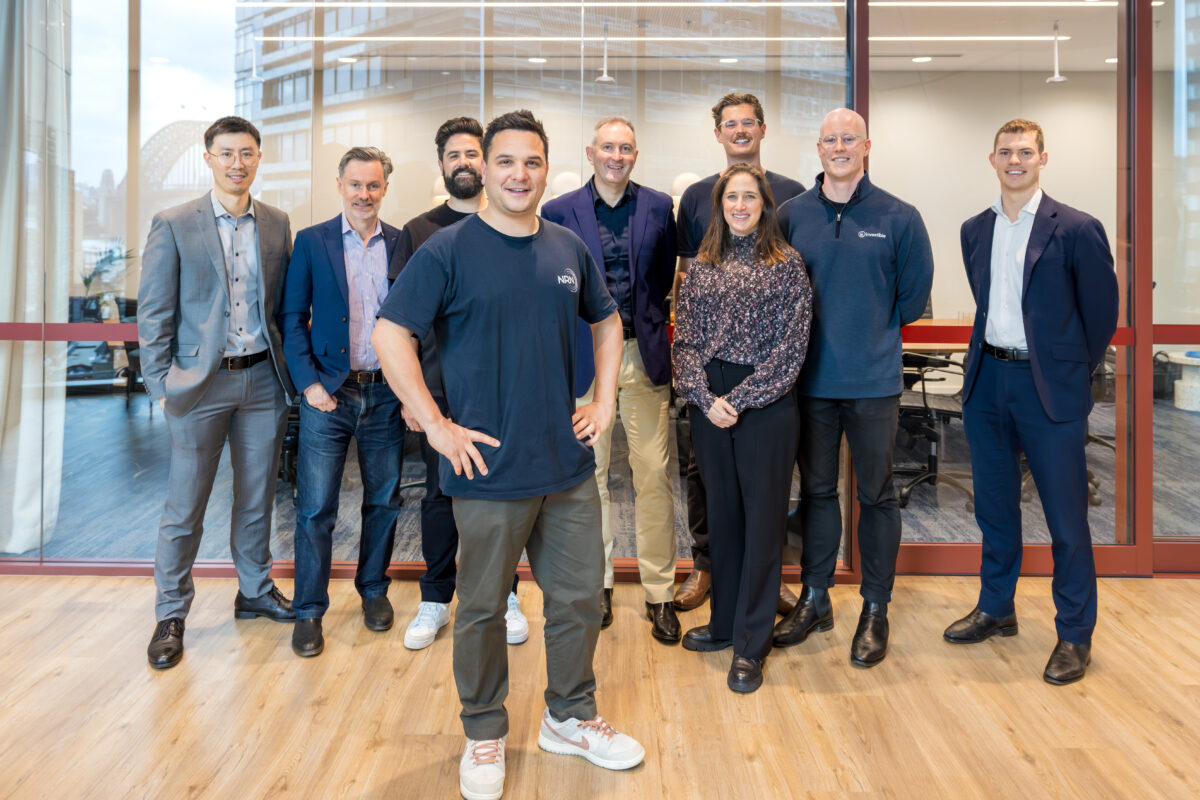
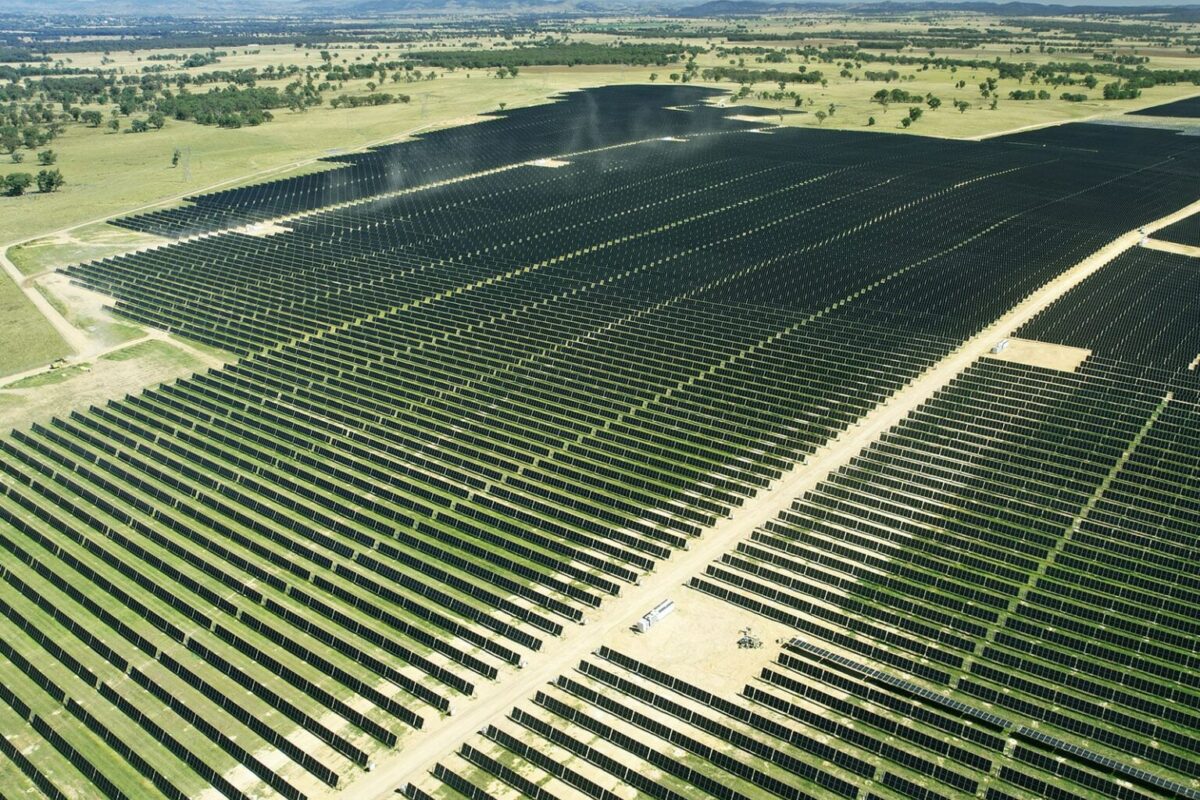


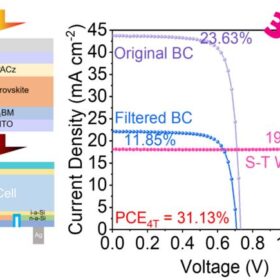
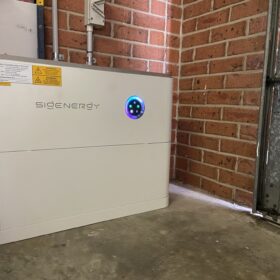
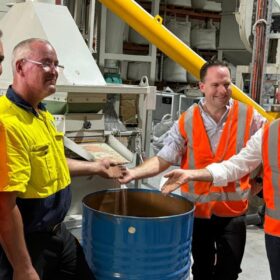
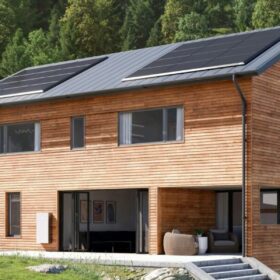
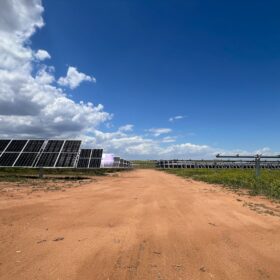
1 comment
By submitting this form you agree to pv magazine using your data for the purposes of publishing your comment.
Your personal data will only be disclosed or otherwise transmitted to third parties for the purposes of spam filtering or if this is necessary for technical maintenance of the website. Any other transfer to third parties will not take place unless this is justified on the basis of applicable data protection regulations or if pv magazine is legally obliged to do so.
You may revoke this consent at any time with effect for the future, in which case your personal data will be deleted immediately. Otherwise, your data will be deleted if pv magazine has processed your request or the purpose of data storage is fulfilled.
Further information on data privacy can be found in our Data Protection Policy.